Those that follow my posts know I love a little tongue-in-cheek with a dash of exaggeration-for-effect. You’re obviously not technically only as strong as your network, but throughout your entire career (or life) no other aspect will influence your success as much as your network. This network can be personal or professional, but preferably both.
It doesn’t matter whether you leverage your network to find a new job, secure a new customer, locate employees, or find a doctor or lawyer or whatever. You network is extremely important.
One aspect that is difficult for many to grasp is that your network, in most cases, will trump your credentials. Friends hire friends before they hire strangers with shiny MBA’s. Sorry. Life’s not fair and that’s the way it works.
Let’s get started with key number one to building a healthy network. It’s something I love to share with virtually everyone I meet. It’s my favorite and fastest way to explain what you need to know. Please repeat after me:
One: It’s not who you know. It’s not what you know. It’s who knows what you know.
Are you a real estate agent? You better let me know before I put my house up for sale? You get the gist. This aspect of communication and sharing has become so easy with the popularity of social media. Want to know what I do? You can Google me or check out my LinkedIn profile or Facebook author page. It couldn’t be easier.
Whether you decide to make people aware in-person, over the phone, or online, you simply need to make sure to do it. Let the world know what you offer. The best approach is to do it everywhere.
Two: Quantity is important, but diversity is more critical.
The best type of professional network isn’t necessarily the largest one. It’s actually the most diversified one. You can imagine how a diversified network is fantastic for supporting your career. Beyond professional reasons, a strong, diversified network is just as beneficial for day-to-day personal needs—finding a good lawyer (not an easy thing), getting a reference on a contractor, or discovering a great restaurant.
Three: You help first and you ask for help second.
As a recruiter, I get several hundred (not a typo) calls and emails everyday. Want to guess the number of people on the other end of the phone or keyboard who contact me for the sole purpose of offering me something? How many do you think need something from me?
I have been operating milewalk for eleven years. During that time, I have not had one single person call and ask me something such as, “Hey Andy, I thought I’d just check in and say ‘HI.’ I was calling to see what you were working on (job search-wise) to see if I know any people that might be good fits for your opportunities.” Of course, people in my network will help me network after I ask. Rarely, if ever, will anyone offer without needing something for him or herself.
If someone actually called me and said that, I would not only frame a picture of him or her on my office wall, but also drop everything I was doing the next time they needed something just so I could help him or her. Who wouldn’t want that type of relationship capital in her bank? The most laughable point is that my lifetime affection and help would be granted for five minutes of her time—when she needed nothing.
Four: You do it continually, not solely when you need it.
There is no single formula for effective networking and relationship building. One thing is certain; it’s something you do over time as opposed to a single event. My best suggestions would be to allocate time each month reaching out (or preferably meeting with) individuals or groups that are important and of interest to you. Ask them about others you should meet. Even if you happen to need something at that moment, that will at least provide an avenue to extend your network. Want a bigger bang for your time? Join a business or social club. Too expensive? Join a running club. Hate to run? Join a free networking group. Don’t know any? Google “networking group
Wonder whether your network is strong enough?
Test it! If you had to contact someone for professional reasons, how many people would you feel at ease calling? Fewer than 50 indicate your network is too small. The number itself, however, is only one metric. The more important indicator of its health is likely its diversity. A small network of deep ties is nice, but the best constellation combines the nucleus of strong ties with a well-balanced complement of secondary relationships. This level of quantity along with greater diversity flat out gives you more options and access to the people or things you need to more easily operate your life.


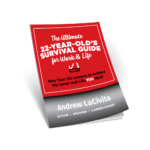
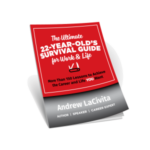

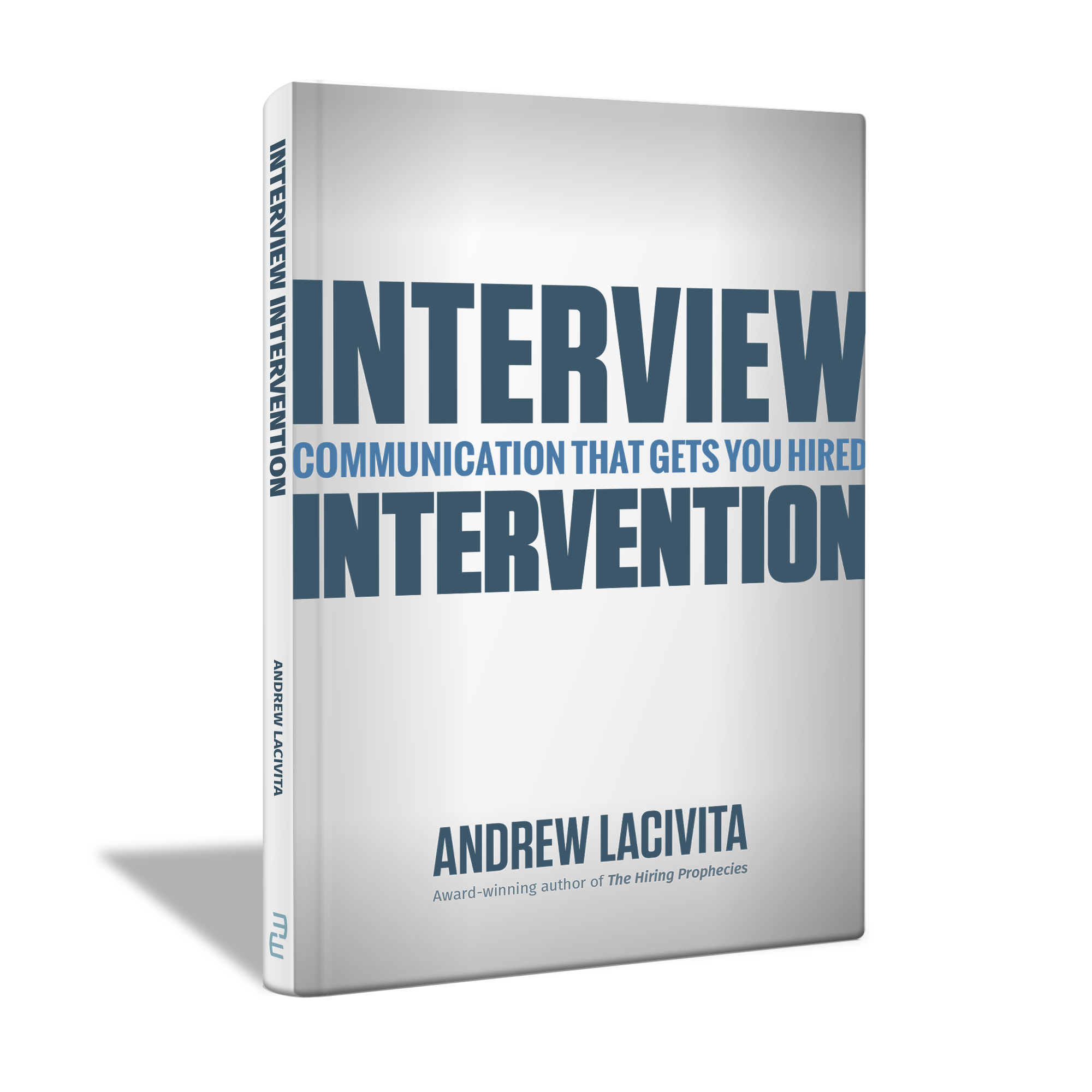
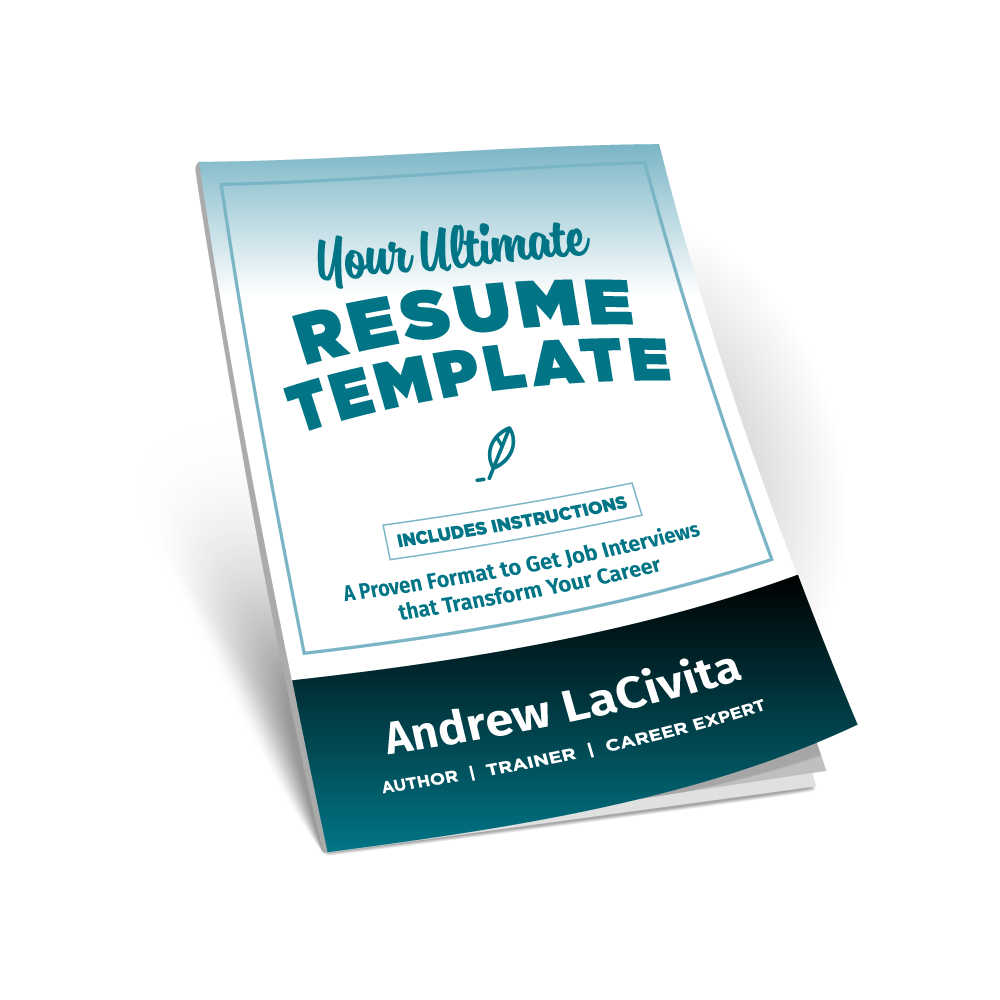
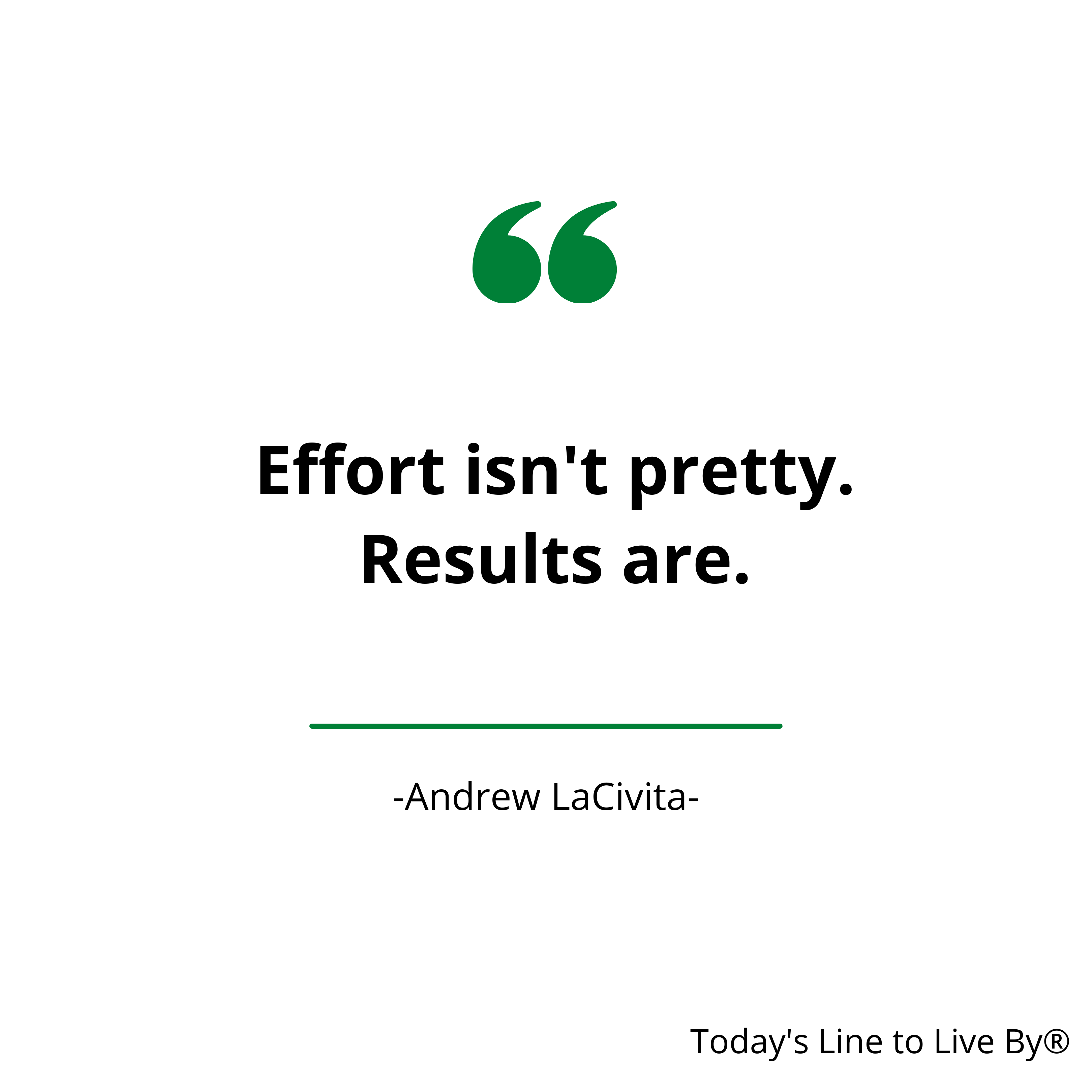
Leave A Comment